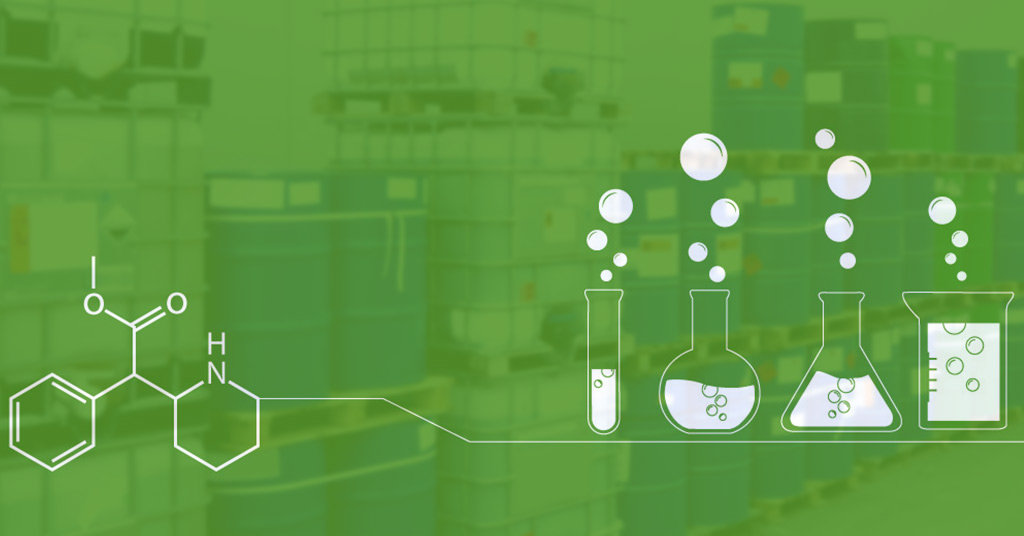Welcome To ChemAnalyst

HOUSTON: The US is the next market that chlor-alkali firm Chlorum Solutions aims to bring its model of creating localized chlor-alkali plants for customers who want to avoid the potential risks and costs associated with delivering chlorine across long distances. This is especially true considering all the recent disruptions, making this method of production more attractive. Chlorum has invested eight years into constructing and managing small modular plants in Brazil and Uruguay, each having a maximum capacity of 45 tonnes/day, with one exception. A new office for Chlorum in the US is planned to be opened at the start of next year.
Since the onset of its first facility in 2014, Chlorum has been pursuing a strategy of serving markets distant from the major petrochemical hubs which produce chlorine and caustic soda. The prospect of taking on any risk by shipping chlorine over long distances is something companies tend to shirk away from. Safety is seen as a primary benefit in many organizations choosing Chlorum's localized plants according to Croce. Shipping goods around Brazil mainly through trucks intensify these difficulties. The opening of the first small scale chlor-alkali plant by Chlorum took place in Fortaleza, Ceara state, located in Northeast Brazil in 2014, providing services for a water purification plant.
For more than a decade, companies have had to deal with a growing number of disruptions that can make it hard for them to get the raw materials they need on time. Chlorine customers are increasingly concerned not only about safety, but also reliability. These disruptions, from the Fukushima earthquake that shut down Xirallic production in 2011 to the war between Russia and Ukraine causing supply chain disruptions in 2022, illustrate how fragile our global supply chains can be. “We’ve very much gotten addicted to just-in-time,” Croce said. Any hiccup in the chain can cause repercussions around the world and companies don't have resilient supply chains. That's why we're looking at addressing these issues today.
As countries phase out their chlor-alkali plants that rely on mercury-cell technology, Chlorum is seeing an opportunity. Brazil and Uruguay ratified the Minamata Convention on Mercury and have committed to ending mercury-cell production in 2025. Uruguay's only chlor-alkali plant uses this technology, which prompted Chlorum to build a second plant in Canelones, Uruguay in 2017 and expand it in 2020.
Chlorum has seen significant expansion in Brazil since its third plant was built in Codo, Maranhao state in the north. The company's recent agreement with Cape Acquisitions saw them acquire the chlor-alkali site in Igarassu, Pernambuco state from Compass Minerals. Of the total 125 tonnes/day output at the plant, two-thirds use mercury-cell technology and one-third uses membrane technology - and Chlorum plan to convert it all before the 2025 Minamata Convention deadline. Additionally, Chlorum is looking to commission a new plant outside of Salvador in Bahia state early next year, as well as start up a new facility each in Uberlandia, Minas Gerais state and Santa Catarina state by Q2 2024. The exact location of the latter has yet to be disclosed.
Thanks to its small plants, Chlorum can produce fewer waste materials and manage them more easily. In Uruguay, companies are taking advantage of the sludge that results from the brine treatment process by turning it into bricks. Meanwhile, in Maranhao state, Brazil, Chlorum has been selling the brine purge to detergent makers. Additionally, being small also helps Chlorum to be more reliant on renewable energy sources for power: All their plants (except for the one in Pernambuco previously owned by Compass) are powered solely by renewables. This commitment was rewarded when Chlorum became carbon neutral in 2020 and 2021.
Chlorum is looking into the potential of expanding their regional production model in the US. With Texas and Louisiana holding 78% of chlorine capacity - rising to 82% with Alabama included - many states have become susceptible to supply disruptions, highlighted by a Portland advisory from earlier this decade. The further issue of transportation is worsened by inadequate railway service. Added to this, chlorine capacity has dropped 2% since 2015 - even with prices on the rise since 2020 - making Chlorum’s establishment of a US office in 2021 even more pressing.
We use cookies to deliver the best possible experience on our website. To learn more, visit our Privacy Policy. By continuing to use this site or by closing this box, you consent to our use of cookies. More info.
